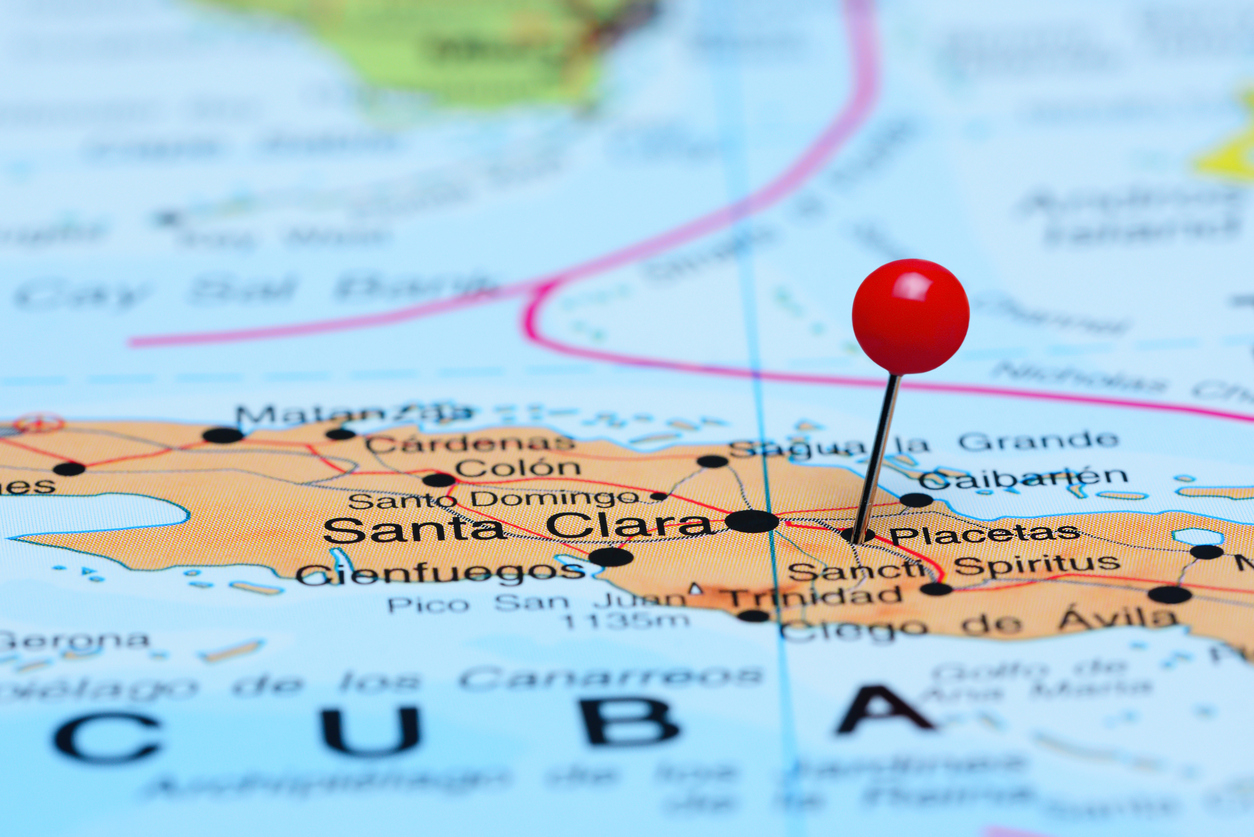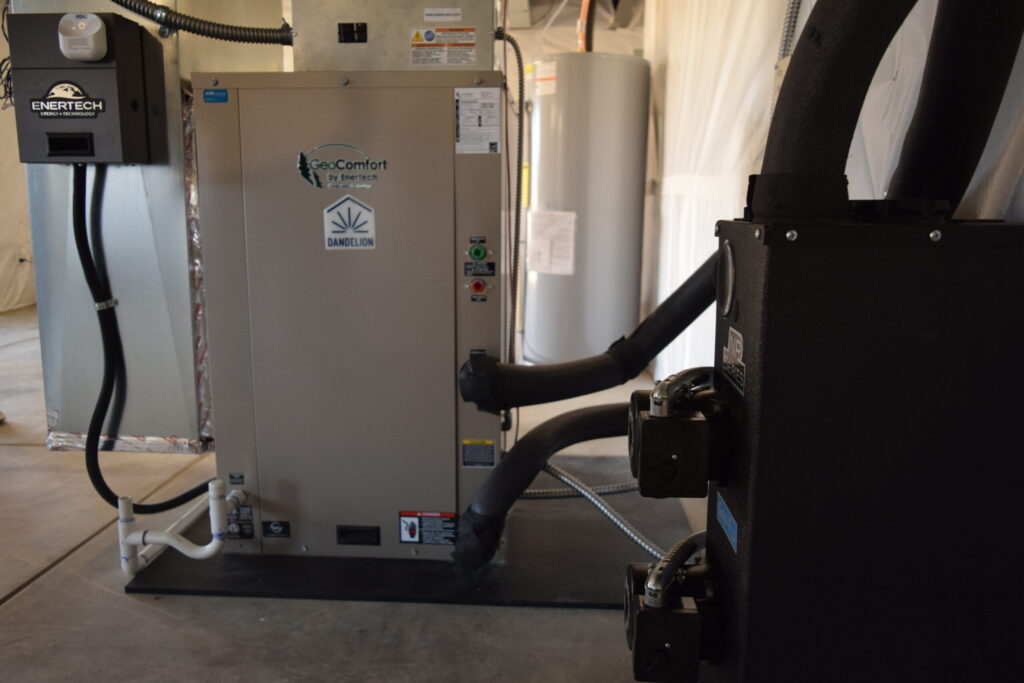Colorado’s ag industry aims to enter a new market: Cuba

Cuba is open for business and wants to do business with Colorado. That’s the takeaway Colorado officials and business leaders came home with late last week after a four-day trip to the island nation.
The group included Commissioner of Agriculture Don Brown; Karen Gerwitz, CEO and president of World Trade Center Denver; and representatives from Ardent Mills, the Colorado Farm Bureau, Northern Bean and Feed, the Colorado Wheat Board, Terumo BCT, Geotech Environmental Equipment and Western Union.
“Cuba represents an exciting opportunity to develop new partnerships and new markets for our agricultural economy,” Brown said in a statement issued Wednesday. “The global marketplace continues to be more and more competitive, and Colorado’s farmers and ranchers have the high-quality, abundant products to help feed a growing population.”
Cuba currently imports 80 percent of its food and has less than 5 percent of its land under cultivation. The U.S. government has stated that it will not lift the embargo at this time – however, agricultural and medical products can still be traded to Cuba with the provision that Cuba pays upfront for goods and services.
When it comes to Colorado’s agricultural industry, grains, flour, dry beans and other commodities are in demand in Cuba. The county is also looking at Colorado potato seeds, corn, carrots and onions as a way of becoming more self-sufficient.
It isn’t just the agriculture industry that can benefit from a trade relationship with Cuba. Gerwitz told Colorado Politics that there is a lot of cancer research taking place in Cuba, so medical devices are “a good entree into the market and allowable under current laws.”
Gerwitz said one of the biggest hurdles to working with Cuba is on the issue of credit. There are no U.S. banks operating in Cuba, which means Colorado companies that can offer credit to their buyers can’t offer credit in Cuba.
“The only way we’re able to do business is cash upfront,” Gerwitz said. And that means Cuba turns to other countries for imports, such as those in Latin America or Vietnam for rice, for example, because companies in Cuba can get more favorable credit terms. There are also U.S. restrictions on doing business with entities owned by the Cuban government, Gerwitz said.
“The embargo and access to capital is definitely hindering business between our nations, but there is still opportunity to do business on the island,” Gerwitz said in a Wednesday statement.
She noted that Western Union and Geotech, which does groundwater mitigation, are already doing business in Cuba.














